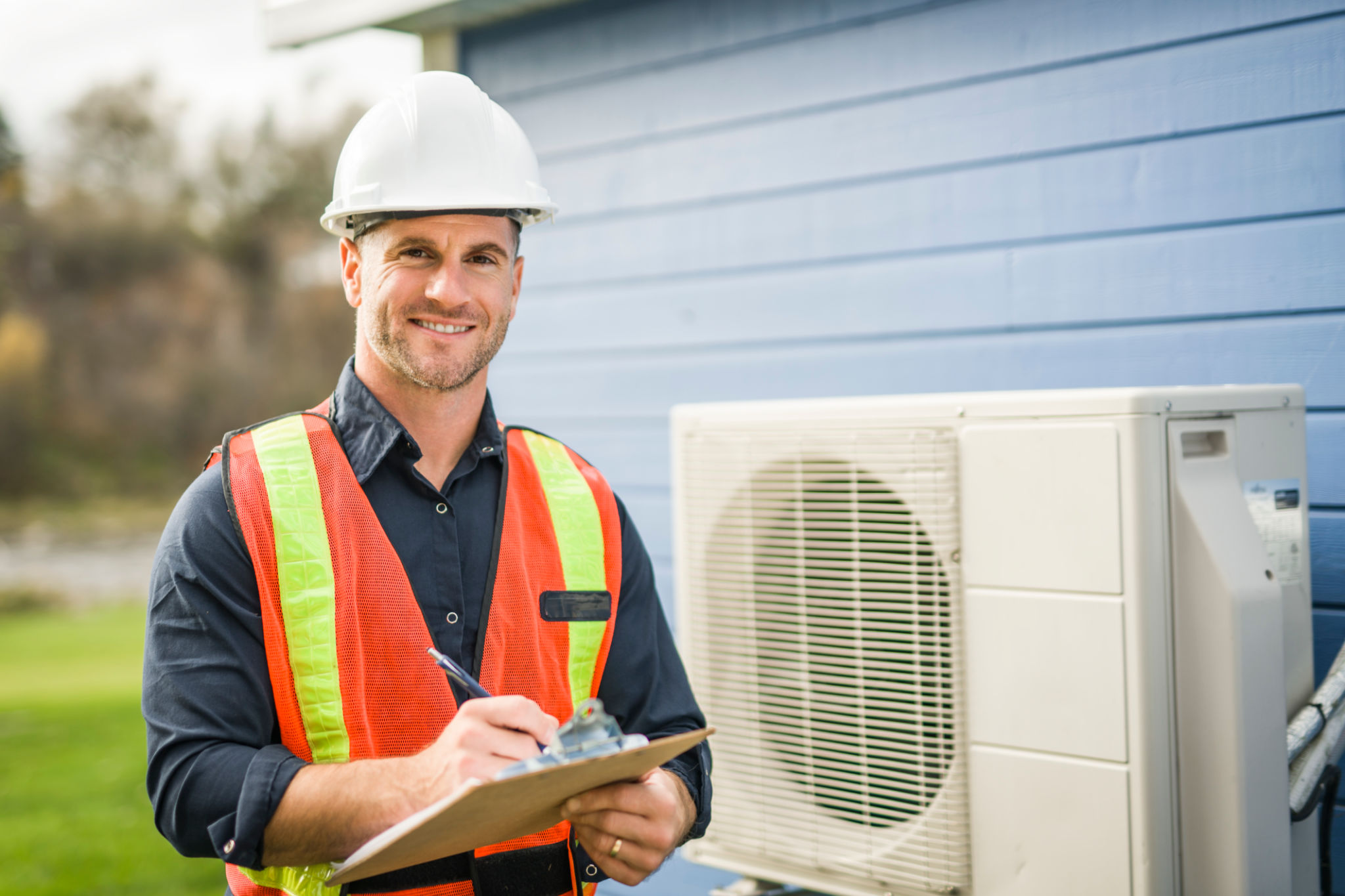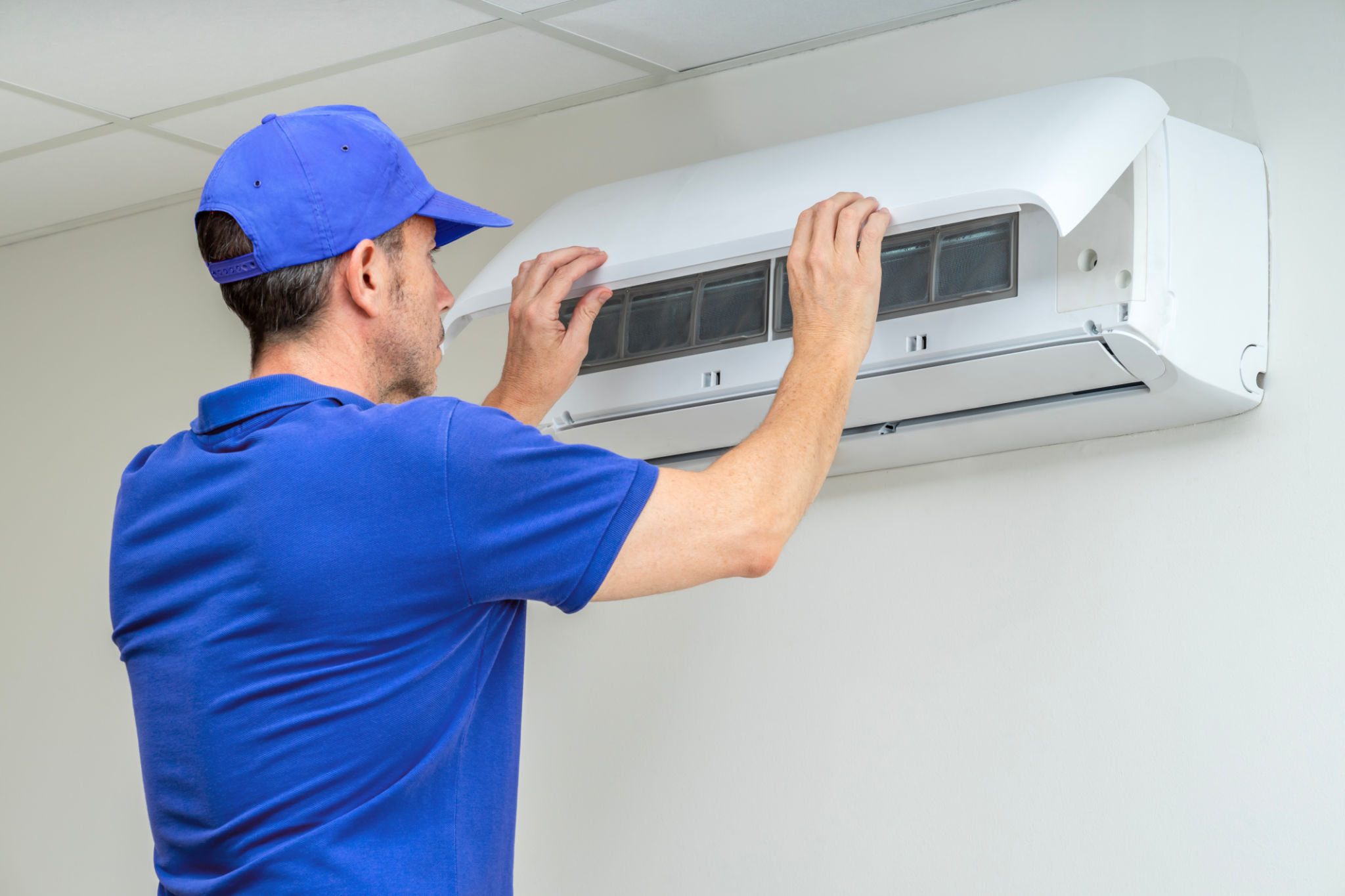Choosing the Right HVAC System for Your Home: A Buyer's Guide
JH
Understanding Your HVAC Needs
Choosing the right HVAC system for your home is crucial for ensuring comfort and energy efficiency. The first step is to understand your specific needs, which can vary depending on factors such as the size of your home, the local climate, and your budget. It's essential to evaluate these elements before making a decision.
Consider the size of your home, as this will determine the capacity of the HVAC system you'll need. A system that's too small will struggle to maintain a comfortable temperature, while one that's too large may cycle on and off frequently, wasting energy. Additionally, think about any specific requirements you might have, such as humidity control or air purification.

Types of HVAC Systems
There are several types of HVAC systems available, each with its benefits and drawbacks. The most common types include:
- Split Systems: Consisting of an indoor and outdoor unit, these are the most popular and are ideal for homes with existing ductwork.
- Packaged Systems: All components are housed in a single unit, making them suitable for homes with limited indoor space.
- Ductless Mini-Splits: Perfect for homes without ductwork, offering flexibility in installation and energy efficiency.
- Geothermal Systems: Highly efficient and environmentally friendly, but with a higher upfront cost.
It's important to weigh the pros and cons of each system type before making a decision. Consider consulting with an HVAC professional to determine which type best suits your home's needs.

Energy Efficiency and Cost Considerations
When selecting an HVAC system, energy efficiency should be a top priority. Efficient systems not only reduce your carbon footprint but also lower your energy bills. Look for systems with a high Seasonal Energy Efficiency Ratio (SEER) rating, as these indicate better performance and energy savings.
Cost is another critical factor to consider. While high-efficiency systems may have a higher upfront cost, they often result in long-term savings on energy bills. Additionally, many regions offer rebates or incentives for installing energy-efficient HVAC systems, further offsetting the initial expense.

Installation and Maintenance
Proper installation is vital for the efficient operation of your HVAC system. It's recommended to hire a certified HVAC technician who can ensure that your system is installed correctly. Improper installation can lead to inefficiencies, increased energy costs, and even premature system failure.
Regular maintenance is also crucial to extending the lifespan of your HVAC system and maintaining its efficiency. This includes tasks like changing filters, cleaning coils, and scheduling annual inspections. Consistent upkeep helps prevent costly repairs and keeps your system running smoothly.
Making the Final Decision
Choosing the right HVAC system for your home involves careful consideration of multiple factors, including your home's size, climate conditions, budget, and personal preferences. By understanding your needs and evaluating different system types, you can make an informed decision that enhances your home's comfort and efficiency.
Remember that a well-chosen HVAC system is an investment in your home's value and your family's comfort. Take the time to research and consult with professionals to ensure you select the best option for your unique situation.

